Ghani's capitulation and Taliban's resurgence one year ago
By Syed Zafar Mehdi
A year after he cowardly fled the country, leaving millions of people who had voted him to power in limbo, Ashraf Ghani told CNN's Fareed Zakaria on Sunday that he didn't want to give the Taliban "the pleasure of humiliating another Afghan president".
Don't be hoodwinked — the former technocrat-turned-president, who ruled the war-ravaged country from 2014 to 2021, voted to power twice in deeply controversial circumstances, is trying to play a martyr.
There are no parallels between now and 1996 when pro-Soviet leader Mohammad Najibullah was captured, dragged, and executed from a traffic light post outside the presidential palace in Kabul by the Taliban.
Unlike in 1996, when the Taliban captured Kabul from Ahmed Shah Massoud's Northern Alliance after four years of civil war, this time negotiations were underway for a potential power-sharing agreement between the Taliban and Afghan Republican leaders.
Ghani's predecessor, Hamid Karzai, told the Associated Press in December 2021 that Ghani's sudden departure had thwarted efforts made by government negotiators, including him and Dr. Abdullah Abdullah, to reach a power-sharing deal with the Taliban.
He said the Taliban didn't seize the Afghan capital by force but were invited by him "to protect the population so that the country, the city doesn’t fall into chaos and the unwanted elements who would probably loot the country, loot shops.”
The potential power-sharing deal was ready a day before the Taliban overran Kabul. Karzai and Abdullah had met Ghani and it was agreed that they would fly to Doha to negotiate the deal. Karzai had been assured by the Taliban leadership in Doha that the fighters would not gate-crash the city until the deal is sealed.
The next day, to his surprise, Karzai found out that everyone had whisked away, including Ghani and his top ministers.
Abdullah, who headed the Afghan National Reconciliation Council, in a video statement later that day confirmed that Ghani had departed, "leaving the country in this difficult situation," and adding that "God should hold him accountable."
In his first interview after leaving Kabul on the afternoon of August 15, 2021, Ghani told the BBC in December that it was the "hardest" decision he made. He repeated the cock and bull story in several interviews to the international media outlets later.
Ghani wasn't the only one to chicken out. Defense Minister Bismillah Khan, whose residence in Kabul was bombed by the Taliban days before the group laid siege to the city, had also departed, which evidently demoralized the country's security forces.
The minister of interior affairs had also quietly run away, and so had the Kabul police chief. But, the buck, as they say, always stops at the commander-in-chief.
“If there is war, I am the commander in chief. I will not abandon my people. I will not abandon my forces. I am willing to die for my country. I have no interest in power. I'm committed to the principle of ensuring order. Afghan society wants order,” Ghani said in an interview with PBS News Hour on May 17, three months before the Taliban takeover.
He also expressed confidence in the US support for his embattled government, saying Washington “shares the values of supporting the gains of last 20 years”.
A week before the fall of Kabul, Ghani repeated the rhetoric, while addressing an emergency session of the parliament. He declared that a new security plan backed by the US and the international community "would bring the Taliban to its knees in six months."
Ghani clearly failed to read the situation, terribly miscalculating the threat from the Taliban and over-relying on the US help.
As the Taliban was making stunning advances across the country in early August 2021, overrunning key provincial capitals from north to south, President Joe Biden declared that it was not his problem and that Afghans "should fight for themselves".
"I do not regret my decision. Afghan leaders have to come together. We lost thousands -lost to death and injury- thousands of American personnel," Biden said at the time. "They have got to fight for themselves, fight for their nation."
Ghani's worst dreams came true. The forces he was banking on to rescue his sinking ship left him high and dry. They evacuated their own citizens, troops, and military contractors, while leaving Ghani and other Afghans to fend for themselves.
After Ghani had left and the potential power-sharing agreement also fell apart, the motorcycle-borne, Kalashenko-yielding guerilla fighters, without firing a single bullet, seized the capital on August 15.
It took more than a year for Ghani to realize that his blind trust in Americans had proved his undoing. In an interview with the Afghan Broadcasting Network earlier this week, Ghani blamed his staggering fall on the US, in particular the US special envoy for Afghanistan Zalmay Khalilzad, calling him "corrupt" and "incompetent".
It wasn't just Khalilzad though. For two decades, since George Bush ordered the carpet bombing of Afghanistan on the pretext of decimating the Taliban and Al Qaeda in the wake of the 9/11 attacks, the Afghan war remained an enigma for the successive US administrations.
The war was reckless, poorly planned, and badly executed, which found support from both the Republicans and Democrats. The bombing campaign that began on October 7, 2001, dubbed 'Operation Enduring Freedom', wasn't aimed at capturing Osama Bin Laden, the alleged mastermind of the 9/11 attacks, but to occupy the material-rich country.
It's important to recall that Bush-Rumsfeld duo snubbed the Taliban's offer to hand over Osama to a third country for trial and to lay down arms and recognize the US-backed government in Kabul led by Karzai.
Twenty years after invading the country, the Americans and their NATO allies conceded a disgraceful defeat. The group that Bush vowed to decimate and destroy made a triumphant comeback. Rest is history.
Syed Zafar Mehdi is a Tehran-based journalist, editor, commentator and author. He has reported for more than 12 years from Afghanistan, India, Pakistan, Kashmir and Iran for leading publications worldwide.
(The views expressed in this article do not necessarily reflect those of Press TV.)
Iran FM says to issue protest to Kuwait over US aircraft downing
IRIB chief says Tehran compound hit for third time in months; broadcasts continue
US-allied fuel tanker attacked by Iran still burning in Strait of Hormuz: IRGC
Attacks on hospitals, schools ‘strike at life itself’: Pezeshkian
Iran’s attacks on US bases ‘legitimate’ response to source of aggression: Araghchi
IRGC targets US intelligence centers, military depots in 11th wave of attacks
US-Israeli attacks damage 5 hospitals, medical centers in Iran: MP
Unlike US, Iran prepared for a long war: Security chief


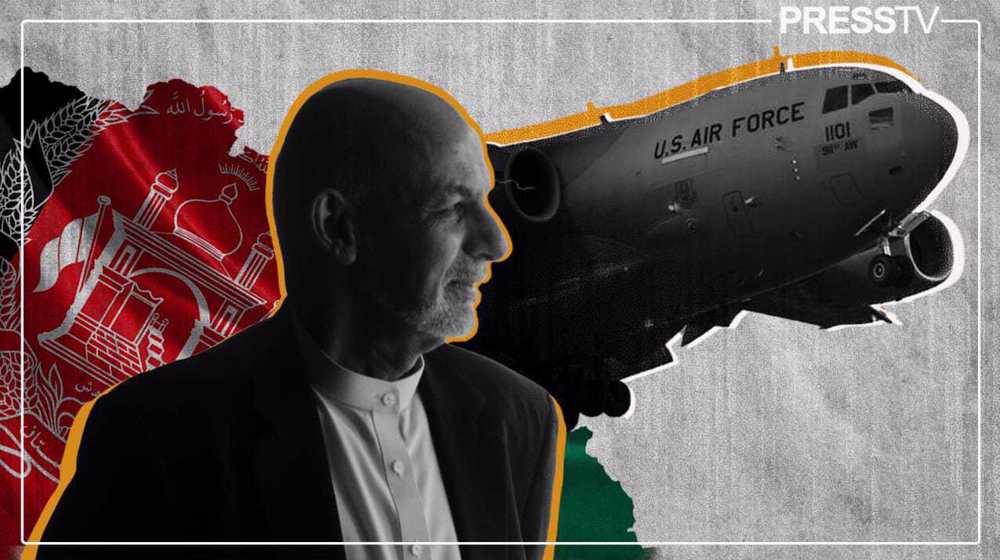
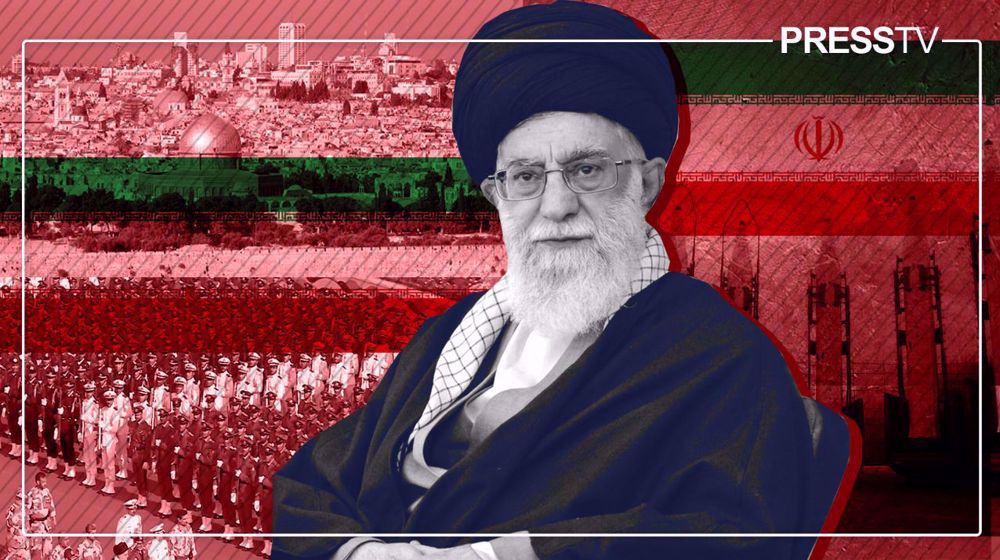
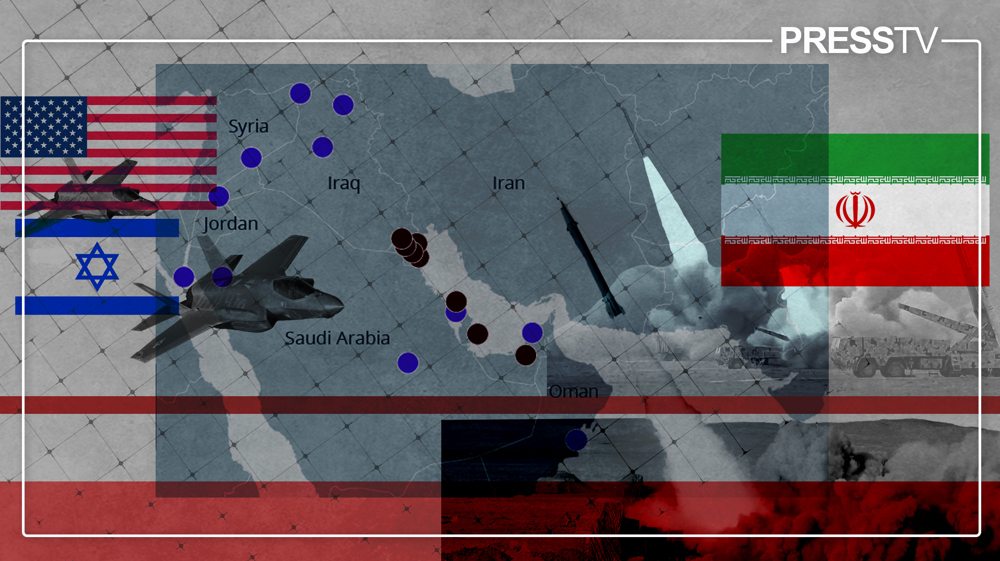
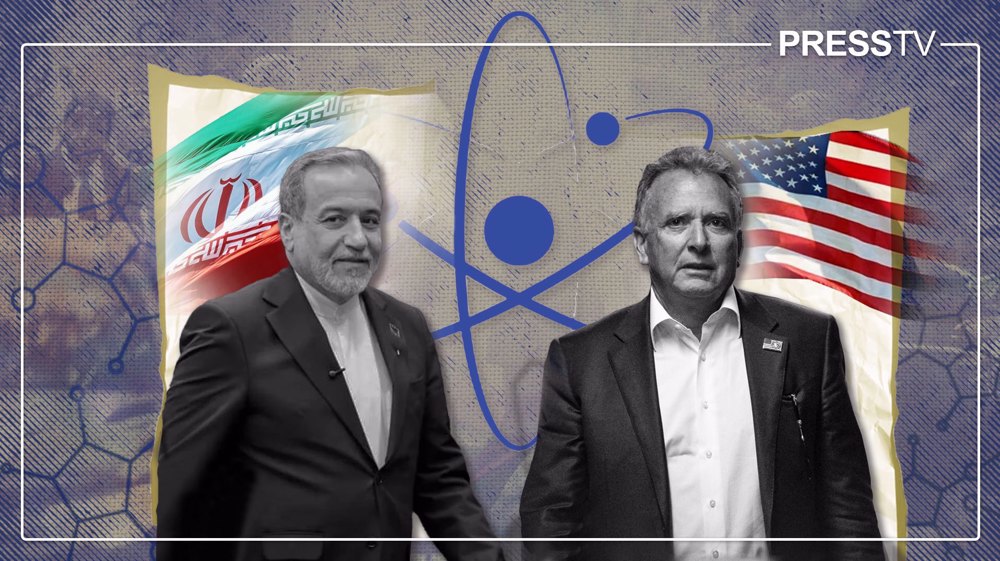



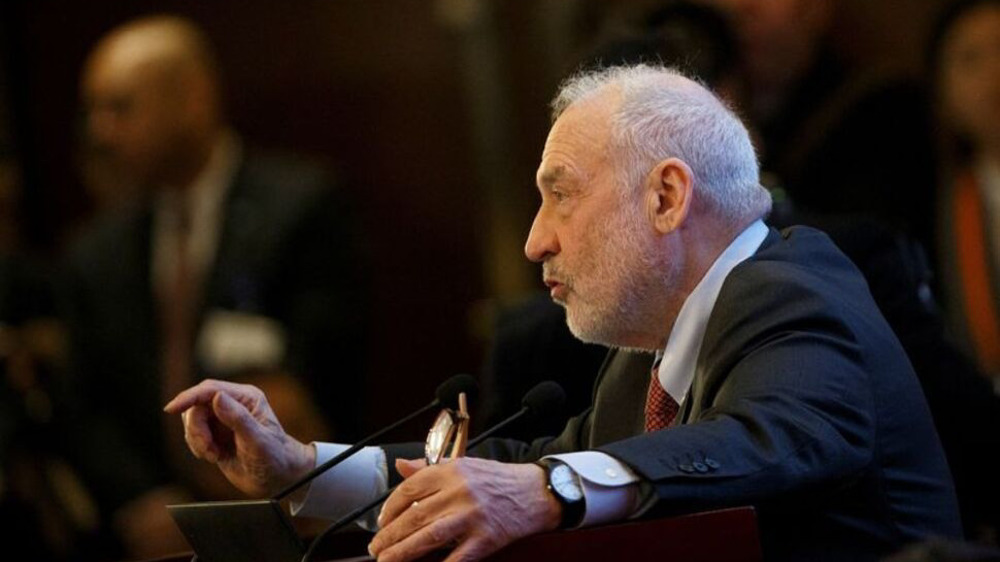
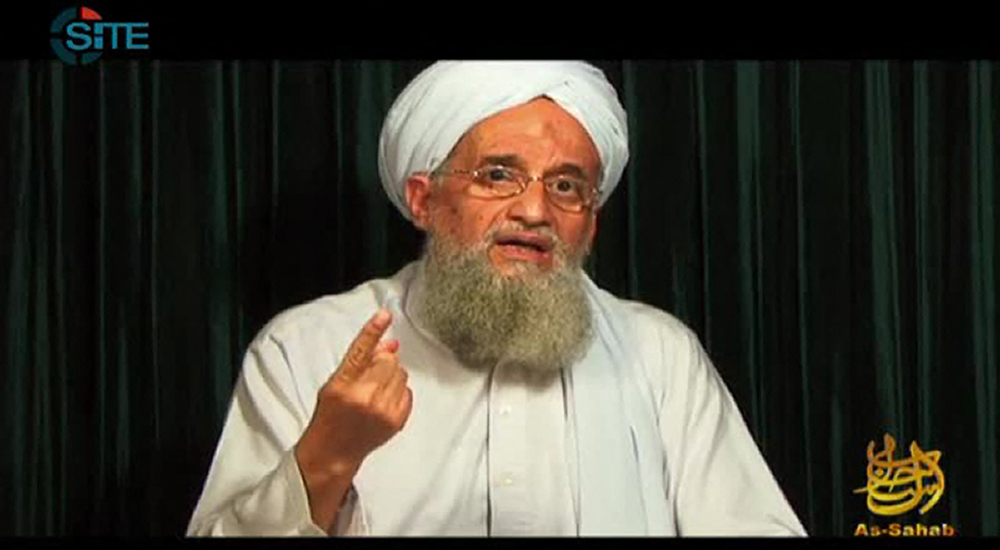
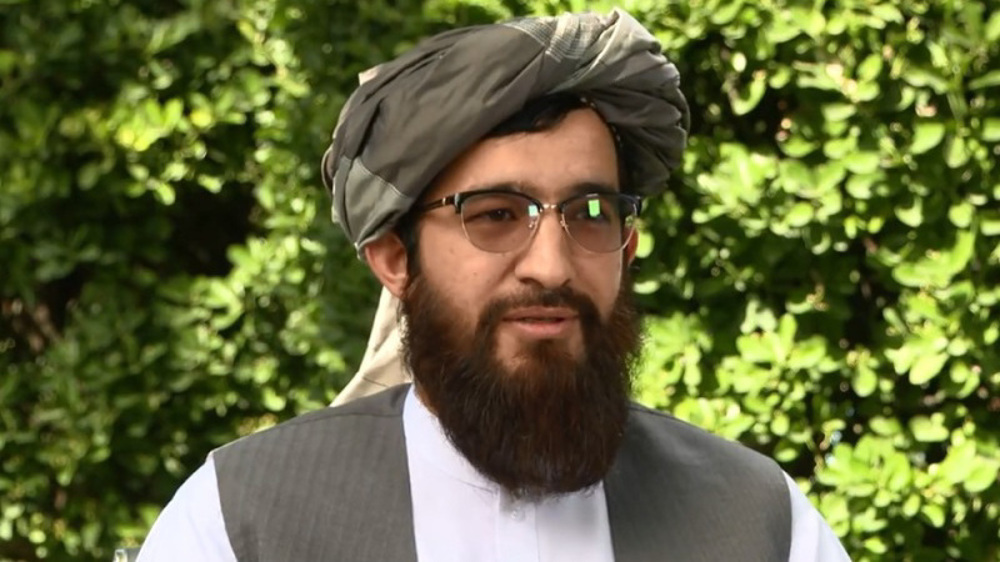
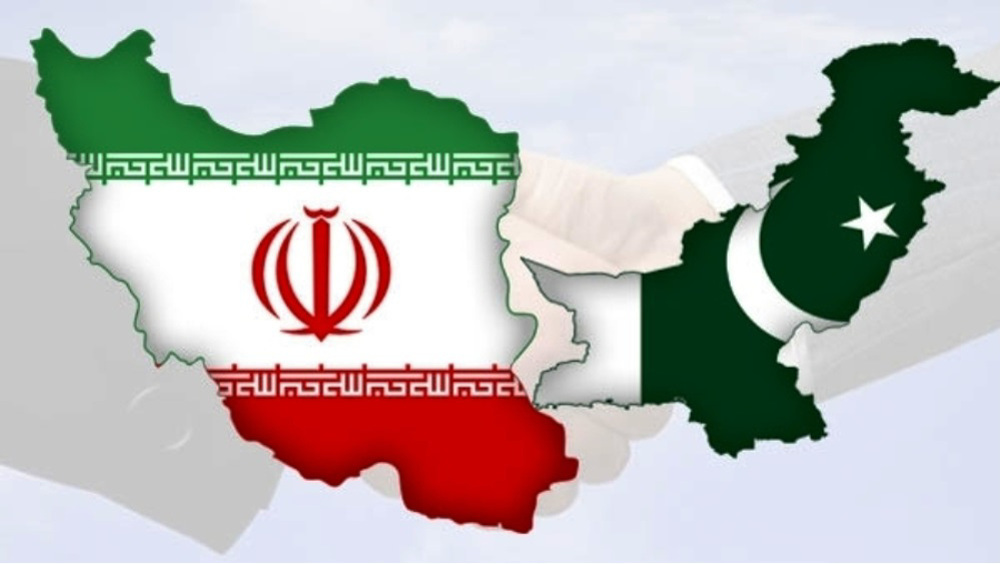

 This makes it easy to access the Press TV website
This makes it easy to access the Press TV website